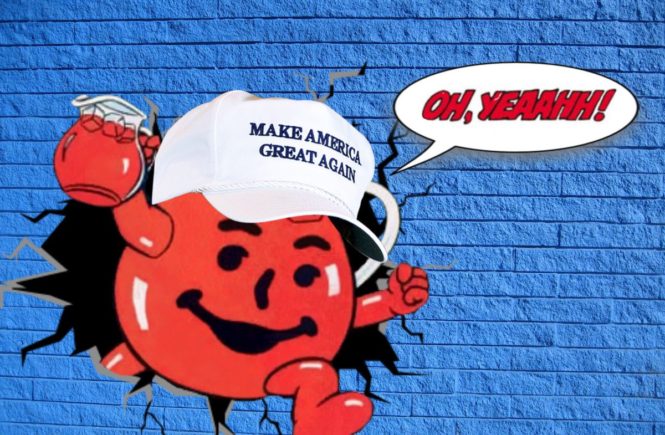In which I take a few whacks at a particularly misguided NBC News piece by Chuck Todd and Carrie Dann:
First, let’s note how little sense it makes to attribute polarization to the tools that reveal the poles. While campaign activity pursued at the margins might exacerbate existing divisions, it’s certainly not a driver of systemic paralysis. It’s a bit like blaming the rise of gaming for the abysmal workforce participation rate. There’s surely an interesting correlation, but it’s hard to parse cause and effect in a societal Möbius strip.
More importantly, the Todd/Dann argument suffers from a facile view of the voting public. Their case hinges on this idea of a robust if latent political center that has been spurned by data-driven campaigns playing to the fringe. Except that this linear idea of the ideological spectrum completely misunderstands the dynamic that brought us to this point. As I wrote in National Review back in February of 2016:
Ultimately the problem with ascribing ideological labels to your average American (much less asking them to self-identify), is that they are not ideologically consistent enough for it to mean anything. Most people simply don’t live or consume politics in that way. Yet we are limited both by language and by our conventional understanding of what these terms imply. As Will Jordan put it, “The reason Trump wins moderates is not because he wins people with moderate views, it’s because that’s not necessarily what a moderate is.”
Full post here.

